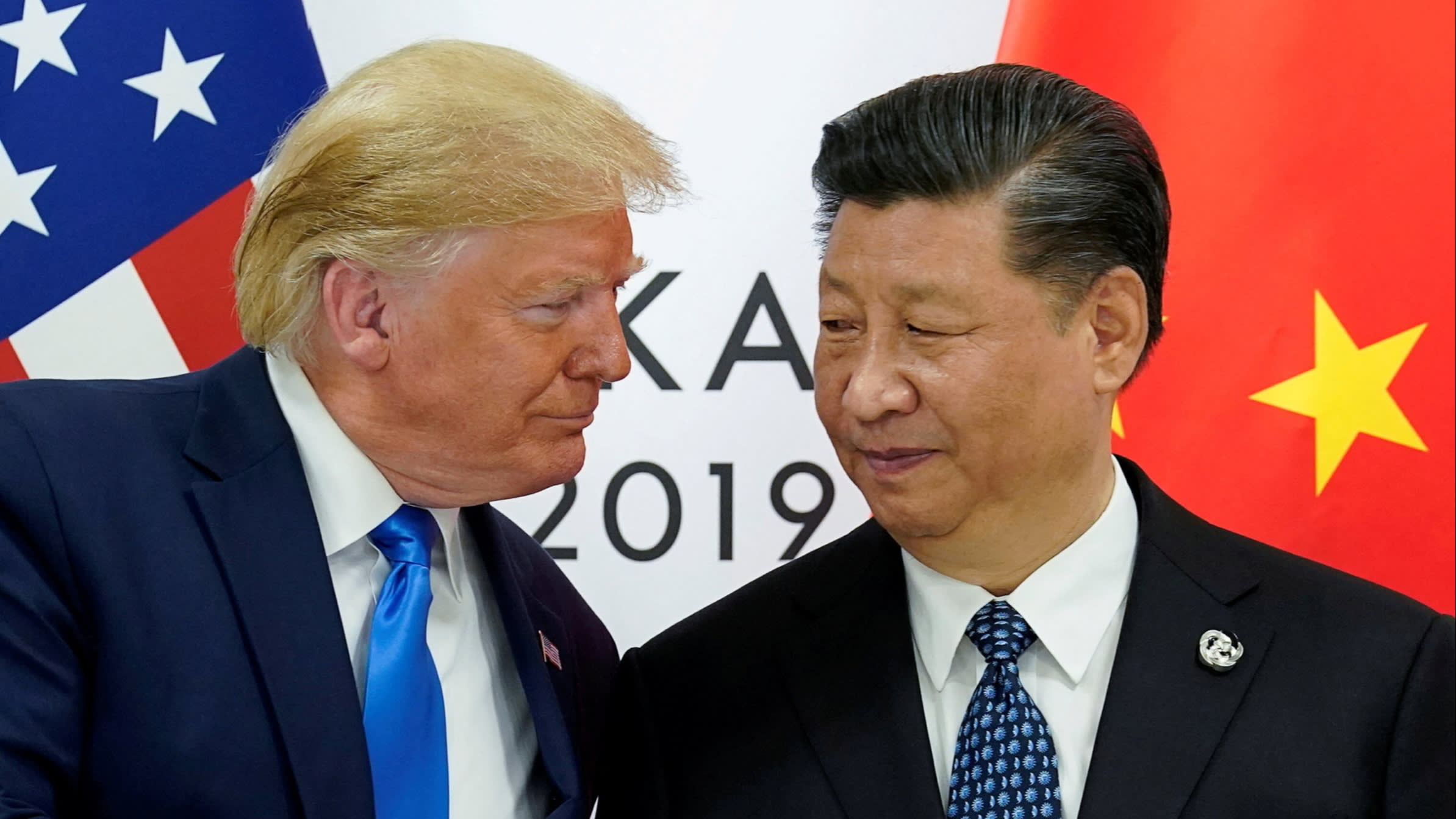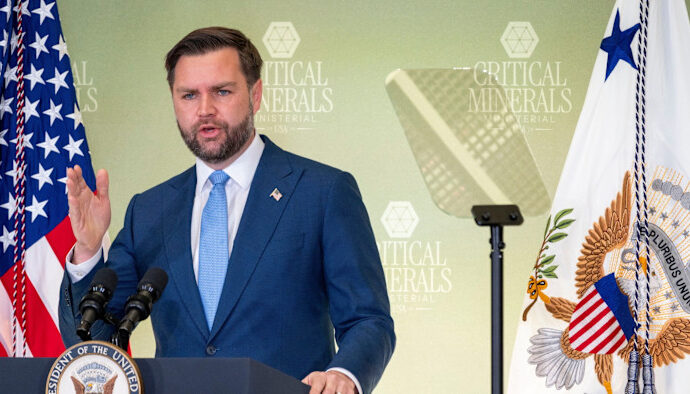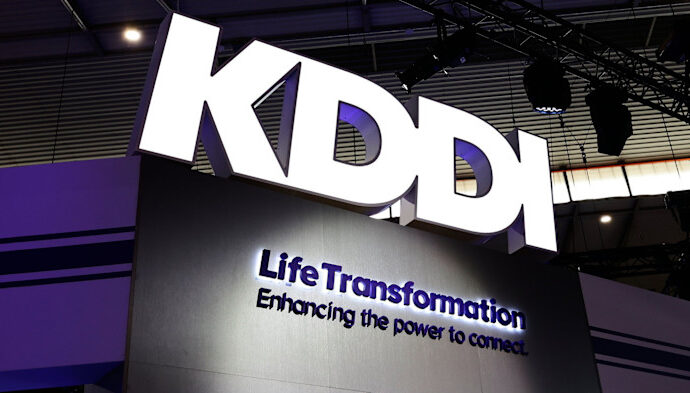
Unlock the White House Watch newsletter for free
Your guide to what Trump’s second term means for Washington, business and the world
Donald Trump has described Xi Jinping as “extremely hard to make a deal with” as the two countries face off over claims from the US that China is reneging on a trade truce signed in Geneva last month.
“I like President Xi of China, always have, and always will, but he is VERY TOUGH, AND EXTREMELY HARD TO MAKE A DEAL WITH!!!” the US president said on his Truth Social platform.
It was not immediately clear if Trump’s comments were in response to recent direct contact with Xi.
The comments follow accusations from Washington last week that China is failing to live up to a promise to approve licences for exports of rare earths, leading to shortages that are threatening to shut down parts of US industry.
China in turn accused the US this week of “seriously violating” the trade truce that the two economic powers agreed in Switzerland.
Trump and his officials have insisted that a conversation between the US president and his Chinese counterpart is needed to resolve the trade dispute but Beijing has given no indication that it has agreed to a call between the two leaders.
On Tuesday, China’s foreign minister Wang Yi told the new US ambassador to China, David Perdue, that Beijing had “earnestly and strictly implemented the consensus reached by both sides” in Geneva.
“Unfortunately, the US has recently introduced a series of negative measures on unfounded grounds, undermining China’s legitimate rights and interests, which China firmly opposes,” Wang said.
After the Geneva talks, the two countries slashed tariffs on each other’s goods for at least the next 90 days, with the extra levies the US imposed on China this year falling to 30 per cent and China’s declining to 10 per cent.
As part of the deal, China also agreed to “suspend or cancel” non-tariff measures against the US but did not provide any details.
US officials believed that Beijing would unwind export restrictions on rare earths that Beijing unveiled in early April, and grew increasingly frustrated by the slow pace of approvals.
The Chinese said the US had violated the Geneva agreement by stepping up controls on Huawei chips globally, halting sales of chip design software to Chinese companies, and cancelling visas for Chinese students.


